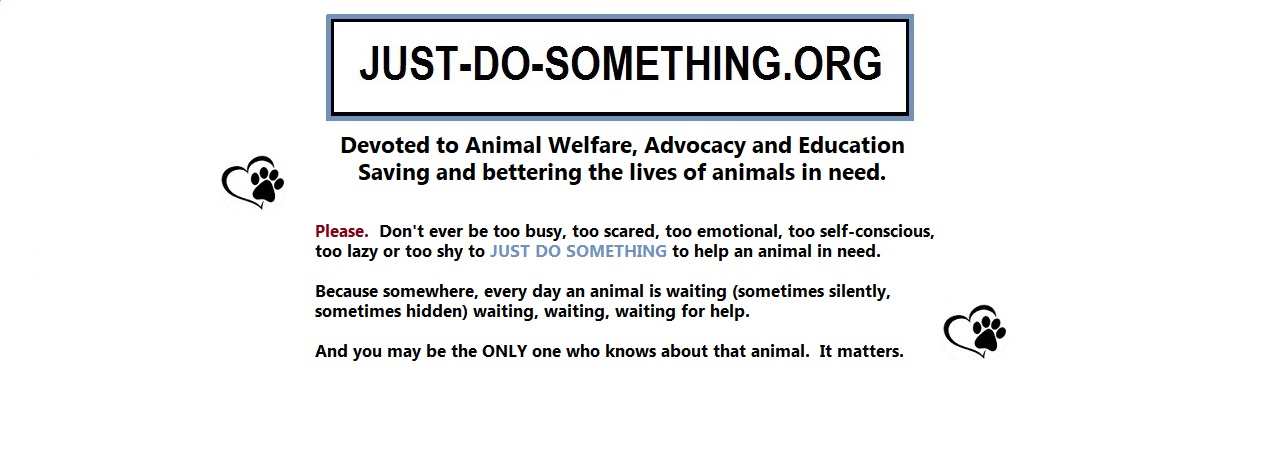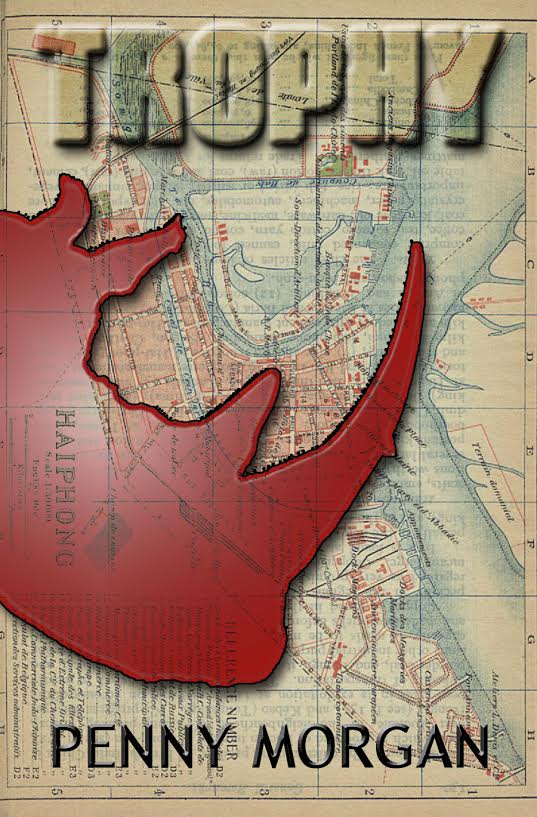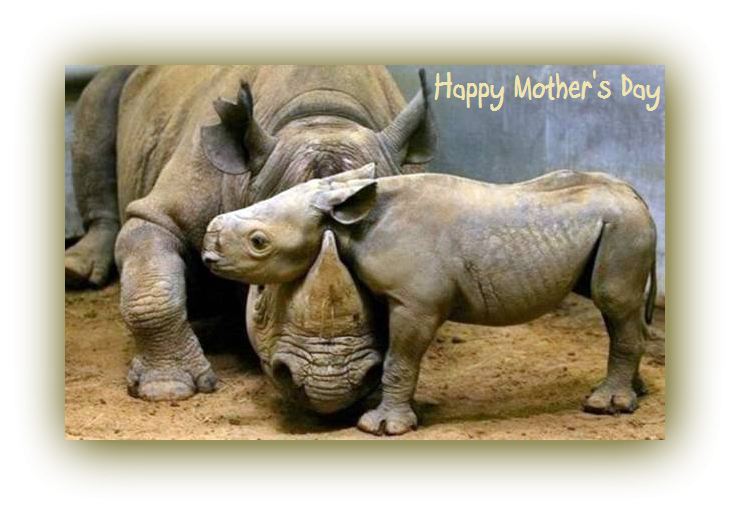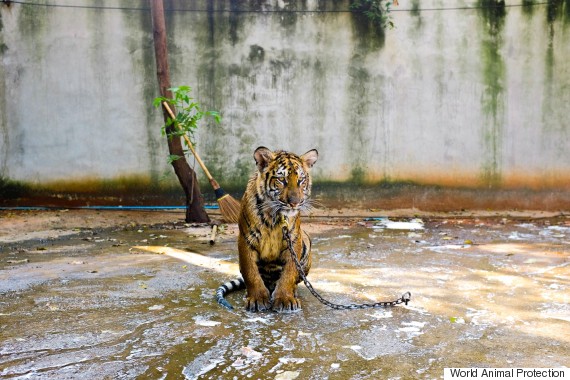
A quick glance at photos uploaded to Facebook and Instagram will prove that animal attractions are big business in the travel sector. Moreover, Australia’s close proximity to Asia means that we are one of the most frequent travelers to the continent and sadly, Asia (along with Africa), is one of the worst areas for cruelty towards animals in the tourism trade.
“Using the WildCRU research ratings and our own research more than 24 different animal attractions were reviewed via investigations across Asia and Africa. Following this World Animal Protection has compiled a list of ten of the world’s cruelest, common wildlife attractions,” Nicole Beynon, its Head of Campaigns, Australia, told The Huffington Post Australia.
They are:
- Riding elephants
- Taking tiger selfies
- Walking with lions
- Visiting bear parks
- Holding sea turtles
- Performing dolphins
- Dancing monkeys
- Touring civet cat coffee plantations
- Charming snakes and kissing cobras
- Farming crocodiles
Part of the reason that these businesses prosper is that travelers are fooled into thinking these animals are domesticated and well looked after, which is often far from the truth.
“Travelers are told that these are domesticated animals and that they are bred to be tourist friendly. It actually takes hundreds of generations for animals to become domesticated. It also takes intensive training for animals to be ‘tourist friendly’,” Beynon said.
“People are also told that elephants in the tourism industry were saved from the logging industry. This was once true but elephants are now bred for the tourism industry to keep up demand.”
Tourist operators also tell customers that keeping animals in captivity ensures their conservation in the wild.
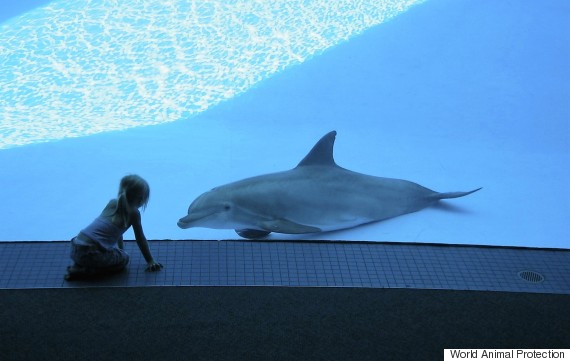
World Animal Protection, formerly known as World Society for Protection of Animals, is currently campaigning for TripAdvisor to stop selling tickets to wildlife tourist attractions. At present, people are able to purchase ticket to ride elephants, handles seas turtles and take photos with tigers on the travel site.
TripAdvisor states that the listings on its website do not represent any form of endorsement, instead providing a platform for travelers to share their opinions. Yet, contrary to its claim of impartiality, TripAdvisor ranks and rewards venues through their Popularity Index and Certificate of Excellence program, reinforcing their popularity with potential travelers.
“Eight out of 10 tourists leave positive reviews for cruel wildlife attractions on TripAdvisor because they don’t see the abuse. We know people want to see wild animals, but they need to be aware of the suffering that goes on behind the scenes so they can make animal friendly choices,” Beynon said.
In response to World Animal Protection’s campaign, TripAdvisor released the following:
“The fact that a property, establishment or business may be listed on TripAdvisor does not represent our endorsement of that establishment. We provide the listings as a platform for travelers to share with others their genuine experiences there — positive or negative. We believe it is important to ensure all attractions a traveler could visit are listed on the site so that they can share their personal experiences.
“This goes to the heart of our mission as a platform — which is to shine a light on traveler sentiment about businesses around the world. Excluding businesses that have received overwhelming positive reviews from the travel community from either our rankings or awards, which are based on the quality and quantity of travelers reviews, would be contrary to that mission.
“We believe the best catalyst for change comes from the travel community itself. To that end, if visitors to a wildlife attraction have a concern about the welfare practices they have seen, we absolutely encourage them to leave that feedback in a review on TripAdvisor as a way to help other travelers make more informed decisions,” a TripAdvisor spokesperson said in the statement.
Beynon emphasizes that it’s not that people don’t care about animals, but they simply they don’t see the hidden suffering.
“A good rule of thumb is if you can hug it, ride, it or take a selfie with it, there is a strong chance the animal has been intensively trained and suffered cruelty, and the experience should be avoided.”
Another handy tool to evaluate a wildlife attraction is by using the ‘five freedoms’:
- Freedom from hunger and thirst: by ready access to fresh water and a diet to maintain full health and vigor.
- Freedom from discomfort: by providing an appropriate environment including shelter and a comfortable resting area.
- Freedom from pain, injury or disease: by prevention through rapid diagnosis and treatment.
- Freedom from fear and distress: by ensuring conditions and treatment which avoid mental suffering.
- Freedom to express normal behavior: by providing sufficient space, proper facilities and company of the animal’s own kind.

There are still ways to enjoy nature and wildlife when you travel.
Are there any ways that travelers can ethically either see or help animals, should they desire a nature aspect to their holiday?
“See animals in the wild and ensure you are far enough away from the animals not to cause stress. Take part in responsible eco tours where nature and wildlife is in their natural habitat and are not disturbed. Visit a genuine wildlife reserve or sanctuary that rescues and rehabilitates animals and has the animal’s best interests at heart. Make sure there isn’t direct contact between visitors and animals, and animals are not bred in captivity for ongoing profit,” Beynon said.
Most importantly, speak up if you see something.
“Complain when something does not feel right! If you see animal cruelty, please report this to the (local) authorities, for example your tour operator, or a local animal welfare organisation.”
Reported by Huffington Post Australia
http://www.huffingtonpost.com.au/
